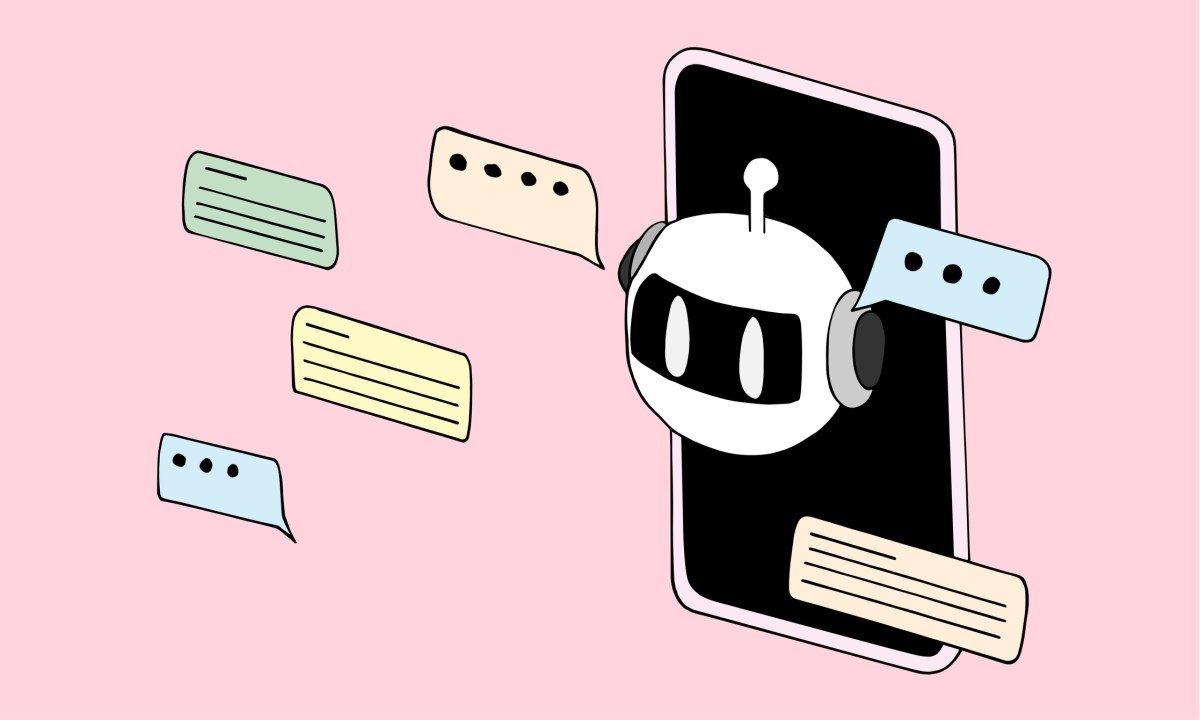California Takes Major Steps to Regulate AI with SB 243 Bill
California has made significant progress in the regulation of artificial intelligence.
SB 243 — a pivotal bill aimed at regulating AI companion chatbots to safeguard minors and vulnerable users — has passed both the State Assembly and Senate with bipartisan support, and is now on its way to Governor Gavin Newsom’s desk.
Next Steps for SB 243: Awaiting the Governor’s Decision
Governor Newsom has until October 12 to either sign the bill into law or issue a veto. If signed, SB 243 is set to take effect on January 1, 2026, positioning California as the first state to mandate safety protocols for AI chatbot operators, ensuring companies are held legally accountable for compliance.
Key Provisions of the Bill: Protecting Minors from Harmful Content
The legislation focuses specifically on preventing AI companion chatbots — defined as AI systems providing adaptive, human-like responses to meet users’ social needs — from discussing topics related to suicidal thoughts, self-harm, or sexually explicit material.
User Alerts and Reporting Requirements: Ensuring Transparency
Platforms will be required to notify users every three hours — particularly minors — reminding them they are interacting with an AI chatbot and encouraging breaks. The bill also mandates annual reporting and transparency requirements for AI companies, including major players like OpenAI, Character.AI, and Replika, commencing July 1, 2027.
Legal Recourse: Empowering Users to Seek Justice
SB 243 grants individuals who believe they’ve been harmed due to violations the right to pursue lawsuits against AI companies for injunctive relief, damages of up to $1,000 per violation, and recovery of attorney’s fees.
The Context: A Response to Recent Tragedies and Scandals
Introduced in January by Senators Steve Padilla and Josh Becker, SB 243 gained traction following the tragic suicide of teenager Adam Raine, who engaged in prolonged conversations with OpenAI’s ChatGPT regarding self-harm. The legislation is also a response to leaked
internal documents from Meta indicating their chatbots were permitted to have “romantic” interactions with children.
Increased Scrutiny on AI Platforms: Federal and State Actions
Recently, U.S. lawmakers and regulators have heightened their scrutiny of AI platforms. The
Federal Trade Commission is set to investigate the implications of AI chatbots on children’s mental health.
Legislators Call for Urgent Action: Emphasizing the Need for Safer AI
“The harm is potentially great, which means we have to move quickly,” Padilla told TechCrunch, emphasizing the importance of ensuring that minors are aware they are not interacting with real humans and connecting users with appropriate resources during distress.
Striking a Balance: Navigating Regulation and Innovation
Despite initial comprehensive requirements, SB 243 underwent amendments that diluted some provisions, such as tracking discussions around suicidal ideation. Becker expressed confidence that the bill appropriately balances addressing harm without imposing unfeasible compliance demands on companies.
The Future of AI Regulation: A Broader Context
As Silicon Valley companies channel millions into pro-AI political action committees ahead of upcoming elections, SB 243 is advancing alongside another proposal,
SB 53, aimed at enhancing transparency in AI operations. Major tech players like Meta, Google, and Amazon are rallying against SB 53, while only
Anthropic supports it.
A Collaborative Approach to Regulation: Insights from Leaders
“Innovation and regulation are not mutually exclusive,” Padilla stated, highlighting the potential benefits of AI technology while calling for reasonable safeguards for vulnerable populations.
A Character.AI spokesperson conveyed their commitment to working with regulators to ensure user safety, noting existing warnings in their chat experience that emphasize the fictional nature of AI interactions.
Meta has opted not to comment on the legislative developments, while TechCrunch has reached out to OpenAI, Anthropic, and Replika for their perspectives.
Here are five FAQs regarding the California bill regulating AI companion chatbots:
FAQ 1: What is the purpose of the California bill regulating AI companion chatbots?
Answer: The bill aims to establish guidelines for the development and use of AI companion chatbots, ensuring they are safe, transparent, and respectful of users’ privacy. It seeks to protect users from potential harms associated with misinformation, emotional manipulation, and data misuse.
FAQ 2: What specific regulations does the bill propose for AI chatbots?
Answer: The bill proposes several key regulations, including requirements for transparency about the chatbot’s AI nature, user consent for data collection, and safeguards against harmful content. Additionally, it mandates that users are informed when they are interacting with a bot rather than a human.
FAQ 3: Who will be responsible for enforcing the regulations if the bill becomes law?
Answer: Enforcement will primarily fall under the jurisdiction of the state’s Attorney General or designated regulatory agencies. They will have the power to impose penalties on companies that violate the established guidelines.
FAQ 4: How will this bill impact developers of AI companion chatbots?
Answer: Developers will need to comply with the new regulations, which may involve implementing transparency measures, modifying data handling practices, and ensuring their chatbots adhere to ethical standards. This could require additional resources and training for developers.
FAQ 5: When is the bill expected to take effect if it becomes law?
Answer: If passed, the bill is expected to take effect within a specified timeframe set by the legislature, likely allowing a period for developers to adapt to the new regulations. This timeframe will be detailed in the final version of the law.


No comment yet, add your voice below!